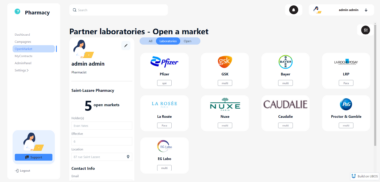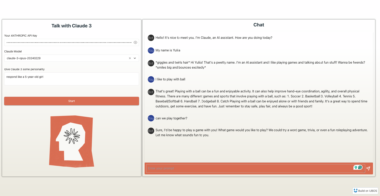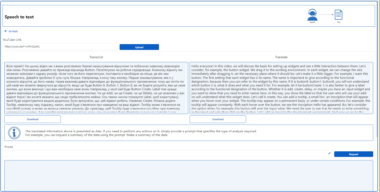Frequently Asked Questions (FAQ) about Webflow MCP Server
Q: What is an MCP Server? A: MCP (Model Context Protocol) is an open protocol that standardizes how applications provide context to LLMs. An MCP server acts as a bridge, allowing AI models to access and interact with external data sources and tools.
Q: What does the Webflow MCP Server do? A: It enables Claude (or other AI models) to interact with Webflow’s APIs. This allows you to automate tasks like retrieving site information, managing collections, and potentially creating or updating content.
Q: What are the prerequisites for using the Webflow MCP Server? A: You’ll need Node.js (v16 or higher), the Claude Desktop App, a Webflow account, and a Webflow API token (either a Site token or an OAuth Access Token).
Q: How do I get a Webflow API token? A: Log in to your Webflow account, navigate to Site Settings > Apps & Integrations, and generate a new API token. Make sure to copy the token value, as you won’t be able to see it again.
Q: How do I configure Claude Desktop to use the Webflow MCP Server?
A: You need to edit the claude_desktop_config.json file located in your Claude Desktop application support directory. You’ll need to add a section for the webflow MCP server, specifying the command to run the server, the path to the server’s index.js file, and the WEBFLOW_API_TOKEN environment variable.
Q: What tools are available in the Webflow MCP Server?
A: Currently, the server provides get_sites, get_site, and get_collections tools for retrieving information about your Webflow sites and collections.
Q: I’m getting an error that tools are not appearing in Claude. What should I do?
A: Check the Claude Desktop logs for errors, verify that the WEBFLOW_API_TOKEN is set correctly, and ensure that the path to index.js is absolute and correct.
Q: I’m getting authentication errors. How do I fix this? A: Verify that your API token is valid, check if the token has the necessary permissions in Webflow, and ensure that the token hasn’t expired.
Q: Where can I find the server logs?
A: The location of the logs depends on your operating system. On MacOS/Linux, they are typically located in ~/Library/Logs/Claude/mcp*.log. On Windows, they are located in $env:AppDataClaudeLogsmcp*.log.
Q: What security considerations should I keep in mind? A: Keep your API token secure, don’t commit credentials to version control, use environment variables for sensitive data, regularly rotate API tokens, monitor API usage in Webflow, and use the minimum required permissions for the API token.
Q: Can I install this with Smithery?
A: Yes, you can install the Webflow MCP Server for Claude Desktop automatically via Smithery using the command: npx -y @smithery/cli install @kapilduraphe/webflow-mcp-server --client claude
Q: How does UBOS relate to the Webflow MCP Server? A: UBOS is a full-stack AI Agent Development Platform that allows you to orchestrate AI Agents, connect them with your enterprise data, build custom AI Agents, and create Multi-Agent Systems. The Webflow MCP Server can be used as part of a larger UBOS-managed AI Agent workflow to automate tasks within Webflow.
Webflow MCP Server
Project Details
- TimKJones/mcp-webflow
- MIT License
- Last Updated: 3/22/2025
Recomended MCP Servers


MCP servers developed by Smithery

Query OpenAI models directly from Claude using MCP protocol.
A Model Context Protocol (MCP) server enabling AI assistants to interact with Azure DevOps services via Python SDK.

This read-only MCP Server allows you to connect to Airtable data from Claude Desktop through CData JDBC Drivers....

An interactive chat interface that combines Ollama's LLM capabilities with PostgreSQL database access through the Model Context Protocol...
An MCP (Model Context Protocol) server that automatically generates documentation for code repositories by analyzing directory structures and...
 From vibe coding to vibe deployment. UBOS MCP turns ideas into infra with one message.
From vibe coding to vibe deployment. UBOS MCP turns ideas into infra with one message.





